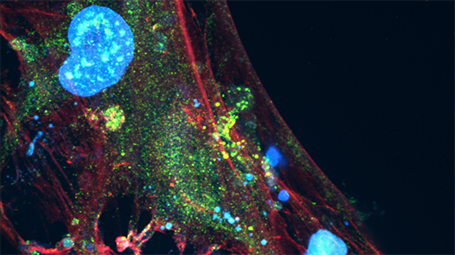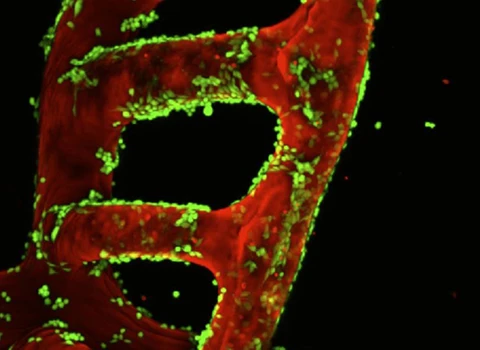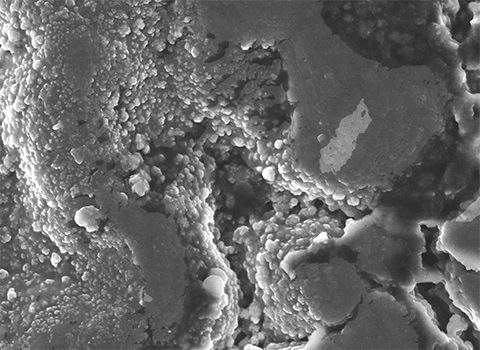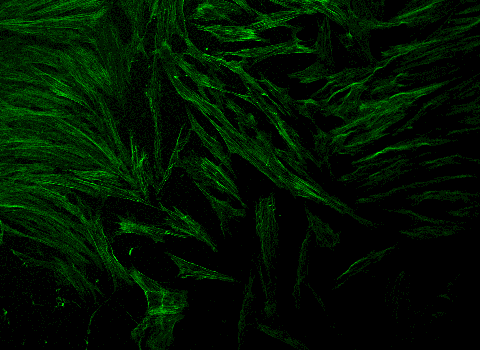
 The body’s inability to jump-start the regeneration of diseased, injured, or missing tissue is one of the greatest challenges that patients and surgeons often face. This challenge has spawned regenerative medicine, a field that is focused on the use of stem cells and specialized proteins to help tissues and organs regenerate. Although promising, it is clear that in order for cost-effective tissue and organ regeneration to become a technique that is available to everyone, collaborations among engineering and scientific disciplines as well as several sectors of society such as industry, government and local communities must take place.
The body’s inability to jump-start the regeneration of diseased, injured, or missing tissue is one of the greatest challenges that patients and surgeons often face. This challenge has spawned regenerative medicine, a field that is focused on the use of stem cells and specialized proteins to help tissues and organs regenerate. Although promising, it is clear that in order for cost-effective tissue and organ regeneration to become a technique that is available to everyone, collaborations among engineering and scientific disciplines as well as several sectors of society such as industry, government and local communities must take place.
Regenerative engineering is an exciting new field defined as the convergence of advances in materials science and engineering, stem cell and developmental biology, physical sciences, and clinical translation to develop scalable and reliable tools that enable the regeneration or reconstruction of complex tissues and organs. It can be thought of as a field that aims to enable the implementation of regenerative medicine for all.
Towards this goal, faculty from the McCormick School of Engineering and the Feinberg School of Medicine come together to engage in convergence research and education through the Querrey Simpson Institute for Regenerative Engineering at Northwestern University (QSI RENU), which will lead the charge to develop and translate transformative technologies that will empower our body to heal.





